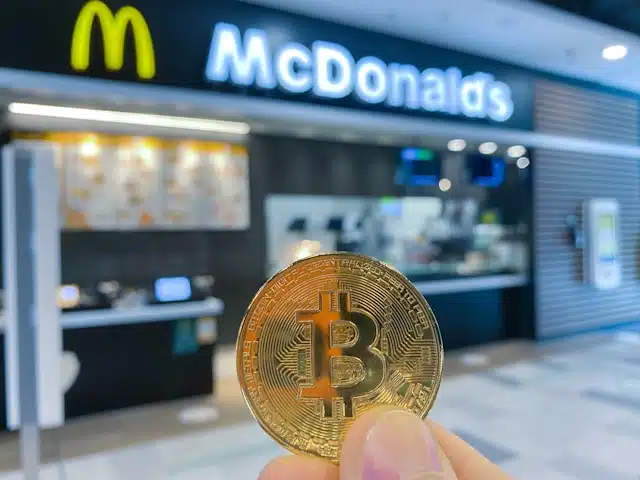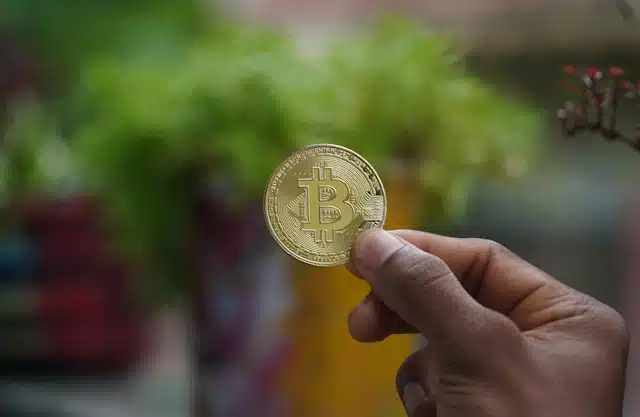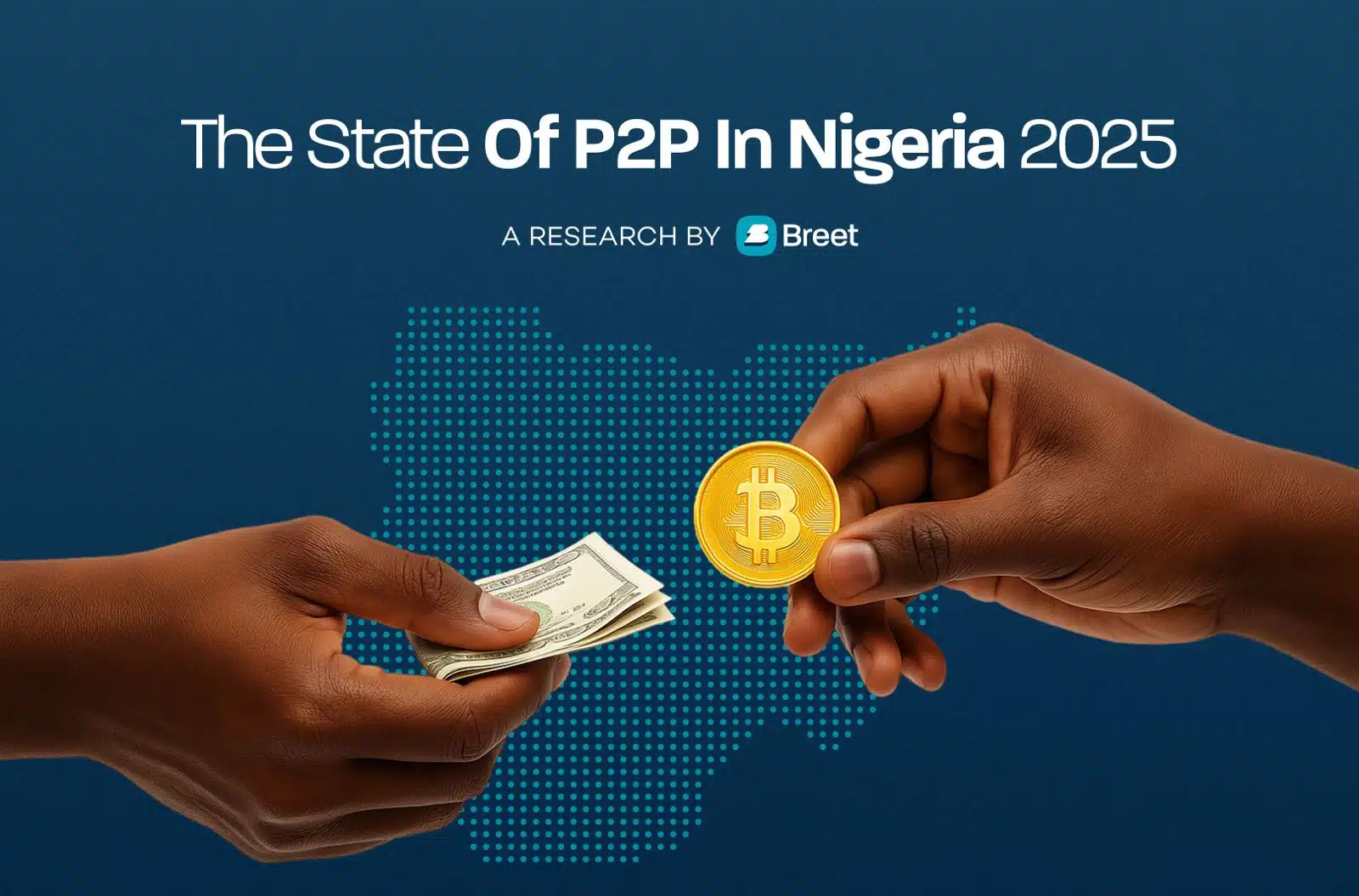South Africans are now spending over R2 million ($112,000) each month using cryptocurrency to pay for groceries, flights, furniture, and more, according to new figures released by crypto platform Luno.
Since launching its retail payment tool, Luno Pay, in November 2024, users have transacted over R20 million ($1.1 million) in crypto, signalling rising adoption beyond trading and speculation.
“Appetite for digital currency transactions in everyday commerce is growing,” said Christo de Wit, South Africa Country Manager at Luno. “Our data shows that many customers use Luno Pay regularly for routine purchases and services.”
Most of these routine purchases are made at Pick n Pay, which is Luno Pay’s biggest merchant partner. However, it also has partnerships with Zapper, enabling payments at stores like Dis-Chem, Hirsch’s, Dial-a-Bed, One Day Only, and more. Crypto users can now pay for meals at Spur, flights via FlySafair, and items from online stores like Loot and YuppieChef.
Is crypto going mainstream?
From its capabilities around cross-border transactions to everyday payments, conversations around the need to adopt crypto are growing globally.
Circle, the issuer of dollar-pegged USDC, recently announced the launch of Circle Payment Network in partnership with African financial institutions like Flutterwave and Onafriq. These partnerships suggest that cryptocurrencies, especially stablecoins, will play a significant role in global finance.
In 2024, the value of total stablecoin transactions hit $27.6 trillion, surpassing the combined volume of Visa and Mastercard transactions the same year.
African fintechs such as Juicyway — which has already recorded $1.3 billion in stablecoin volume — and Due are building on this momentum by creating cross-border solutions using stablecoins to address remittance and liquidity bottlenecks
While cryptocurrencies are mostly regarded for their ability to make cross-border transactions simple and affordable, their use for everyday transactions is on the rise.

Victoria Fakiya – Senior Writer
Techpoint Digest
Stop struggling to find your tech career path
Discover in-demand tech skills and build a standout portfolio in this FREE 5-day email course
In 2024, Luno reported that 31,000 merchants in South Africa accept crypto payments. This is not surprising as South Africa received the second largest amount of crypto in Africa after Nigeria between July 2023 and June 2024.
According to Luno’s statement to Techpoint Africa, over 80% of Luno Pay users are repeat customers on a weekly basis. That loyalty suggests that crypto is starting to embed itself as a real alternative to traditional payment methods.
“We’re building the infrastructure for a future where cryptocurrency seamlessly integrates with traditional commerce,” said de Wit. “People want choice, and crypto offers that.”
With infrastructure expanding and retailers coming onboard, Luno Pay’s momentum suggests that crypto is quietly moving from a fringe concept to a mainstream method of payment, at least in South Africa.











